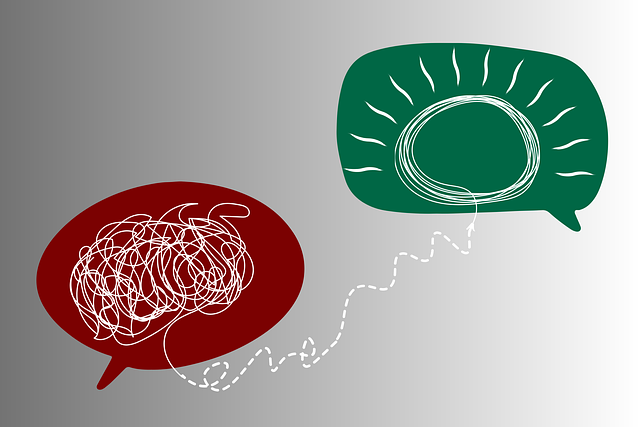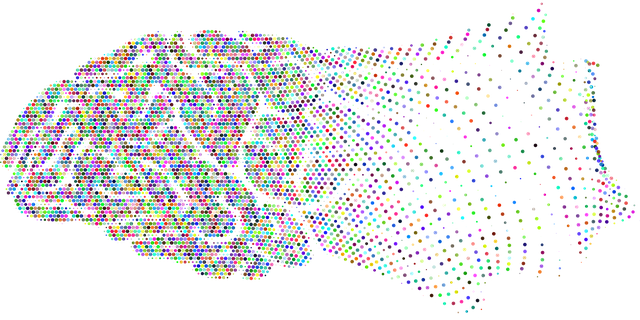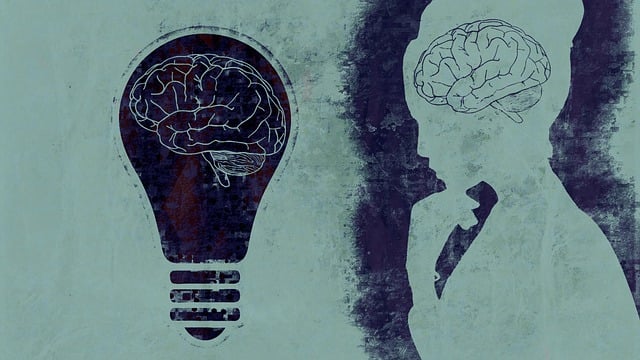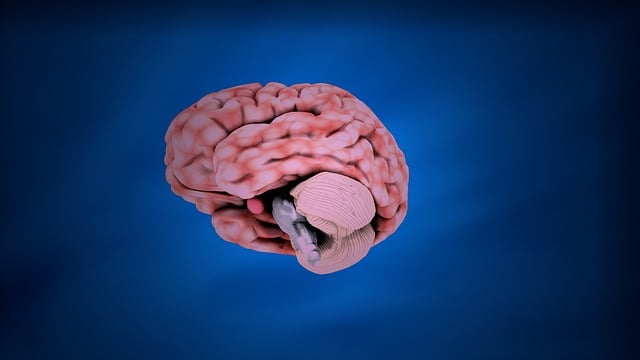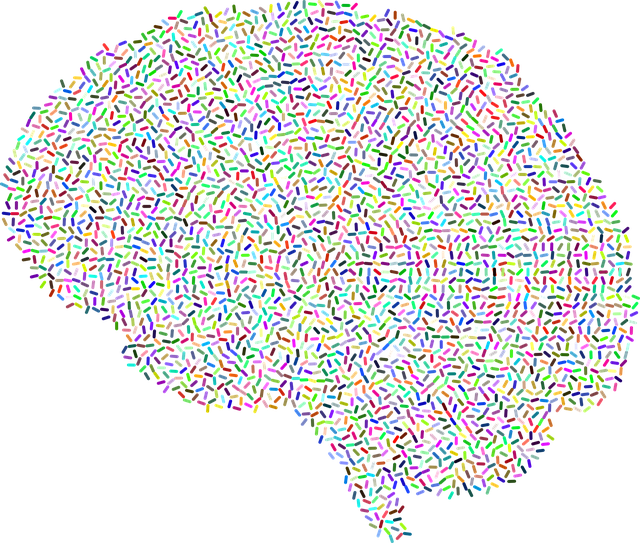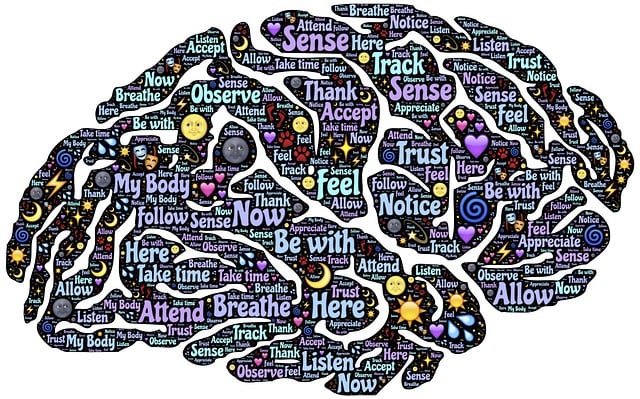In today's world, understanding mental wellness is crucial. Mental Wellness Self-Assessment tools, incorporating Centennial Adjustment Disorder (CAD) therapy principles, offer insights into emotional and behavioral states, enabling proactive stress management. These assessments, with cultural sensitivity training for healthcare providers, promote accessibility and reduce stigma. Features like mindfulness meditation foster resilience. Integrating CADT into self-assessments improves diagnosis and personalized treatment plans. User-friendly interfaces cater to diverse needs, including those with conditions like CAD. Continuous research ensures effectiveness, reflecting current psychological best practices. This holistic approach benefits individuals seeking mental health support.
Mental wellness self-assessment tools have become crucial in modern times, enabling individuals to proactively manage their mental health. This article explores the development of comprehensive self-assessment tools, focusing on integrating principles from Centennial Adjustment Disorder Therapy (CADT) to enhance accuracy and cultural sensitivity. We’ll delve into key components, user-friendly design, and continuous improvement strategies, providing insights essential for creating effective tools that cater to diverse needs.
- Understanding Mental Wellness Self-Assessment: The Need and Relevance in Modern Times
- Identifying Key Components for a Comprehensive Self-Assessment Tool
- Integrating Centennial Adjustment Disorder Therapy (CADT) Principles into the Assessment Process
- Designing User-Friendly Interfaces and Promoting Accessibility for Self-Assessment Tools
- Continuous Improvement and Research: Ensuring Effectiveness and Cultural Sensitivity
Understanding Mental Wellness Self-Assessment: The Need and Relevance in Modern Times

In today’s fast-paced and often stressful world, understanding mental wellness is more crucial than ever. Mental Wellness Self-Assessment tools play a pivotal role in empowering individuals to take charge of their mental health, much like Centennial Adjustment Disorder Therapy helps those dealing with specific challenges. These assessments serve as valuable resources for both personal growth and professional support. By providing insights into one’s emotional, psychological, and behavioral states, they facilitate proactive management of mental wellness, encompassing aspects such as stress levels, coping mechanisms, and overall well-being.
The relevance of self-assessment tools has been further enhanced by the growing emphasis on Healthcare Provider Cultural Competency Training and Trauma Support Services. In a diverse society, cultural sensitivity in mental health care is essential, prompting healthcare providers to adapt their approaches. Self-assessments, often incorporating practices like Mindfulness Meditation, can help individuals connect with their inner selves, fostering resilience and self-awareness. This proactive approach not only supplements traditional therapy but also ensures that folks receive the necessary support for a healthier, more balanced life.
Identifying Key Components for a Comprehensive Self-Assessment Tool

Developing a self-assessment tool for mental wellness is a multifaceted process that requires careful consideration of various psychological and cultural aspects. To create a comprehensive evaluation, key components must be identified that encompass a wide range of mental health concerns. This includes not only common mental illnesses such as anxiety and depression but also less talked about disorders like Centennial Adjustment Disorder (CAD). CAD, often overlooked, can significantly impact an individual’s ability to adjust and cope with life changes. Incorporating questions or modules tailored to address these lesser-known conditions is essential for a robust assessment tool.
The tool should also prioritize cultural sensitivity in mental healthcare practice. By reflecting diverse experiences and perspectives, it ensures inclusivity and accuracy. This consideration is vital in reducing the stigma associated with mental illness, especially among underrepresented communities. Incorporating such aspects can enhance the tool’s effectiveness, making it accessible and relevant to a broader audience. Additionally, integrating user-friendly features and providing clear explanations for each assessment section can improve participation rates, leading to more valuable data collection for better mental wellness support.
Integrating Centennial Adjustment Disorder Therapy (CADT) Principles into the Assessment Process

Integrating Centennial Adjustment Disorder Therapy (CADT) principles into mental wellness self-assessment tools offers a promising approach to enhance accurate diagnosis and personalized treatment plans. CADT focuses on adaptive coping strategies, resilience building, and emotional regulation, which are crucial aspects of managing various mental health conditions. By incorporating these principles, assessment processes can move beyond traditional symptoms and gain deeper insights into individuals’ overall adjustment and functioning.
This integration is particularly beneficial in addressing the growing need for Mental Health Awareness and reducing the stigma associated with mental illness. CADT’s emphasis on teaching individuals effective coping mechanisms not only improves their ability to manage stress but also encourages a proactive approach to maintaining mental wellness. As part of broader Stress Reduction Methods, these self-assessment tools can empower individuals to take charge of their mental health, fostering a sense of agency and well-being.
Designing User-Friendly Interfaces and Promoting Accessibility for Self-Assessment Tools

Designing user-friendly interfaces is a critical aspect of developing effective mental wellness self-assessment tools. These tools should be intuitive and accessible to users from diverse backgrounds, including those with various physical and cognitive abilities. A well-designed interface minimizes confusion and promotes ease of use, encouraging consistent engagement with the assessment process. Incorporating features like clear navigation menus, simple language, and customizable layouts can significantly enhance user experience, especially for individuals dealing with conditions such as Centennial Adjustment Disorder Therapy. By ensuring the tool is user-friendly, you increase the likelihood of users completing assessments accurately and regularly, fostering a deeper understanding of their mental wellness journey.
Furthermore, accessibility should be at the forefront of development to reach a broader audience. This involves integrating features like screen readers for visually impaired users, keyboard navigation for those with limited motor skills, and providing multiple language options. Making these tools accessible not only complies with web content accessibility guidelines but also ensures that individuals seeking support through self-assessment, including those in need of Trauma Support Services or Resilience Building guidance, can utilize the resources effectively. Mental Wellness Journaling Exercise Guidance can be seamlessly integrated within these accessible platforms to offer a holistic approach to personal growth and recovery.
Continuous Improvement and Research: Ensuring Effectiveness and Cultural Sensitivity

The development of self-assessment tools for mental wellness is an ongoing process that requires continuous improvement and rigorous research to ensure effectiveness and cultural sensitivity. As new findings emerge in the field of psychology, it’s crucial to update assessment methods to reflect current best practices, including advancements in therapy like Centennial Adjustment Disorder (CAD) treatment approaches. Regularly reviewing and refining these tools allows for a more accurate evaluation of mental health status and progress over time.
Research plays a pivotal role in enhancing cultural sensitivity, especially when aiming to create inclusive self-assessment options. By studying diverse populations and their unique experiences with mental wellness, developers can tailor the language and content to be relevant and respectful across various cultures. This approach not only improves the tool’s applicability on a global scale but also encourages individuals from different backgrounds to engage with and benefit from the assessment process, potentially increasing participation in mental wellness coaching programs development. Incorporating research-backed strategies for mood management and inner strength development can empower users to take charge of their mental health journey.
Mental wellness self-assessment tools are indispensable in modern times, especially with the growing recognition of mental health as a cornerstone of overall well-being. By integrating evidence-based practices like Centennial Adjustment Disorder Therapy (CADT), we can create comprehensive and accessible assessment tools that cater to diverse needs. Continuous improvement through user feedback and cultural sensitivity ensures these tools remain effective and relevant in an ever-changing landscape, fostering better mental health outcomes for all.


